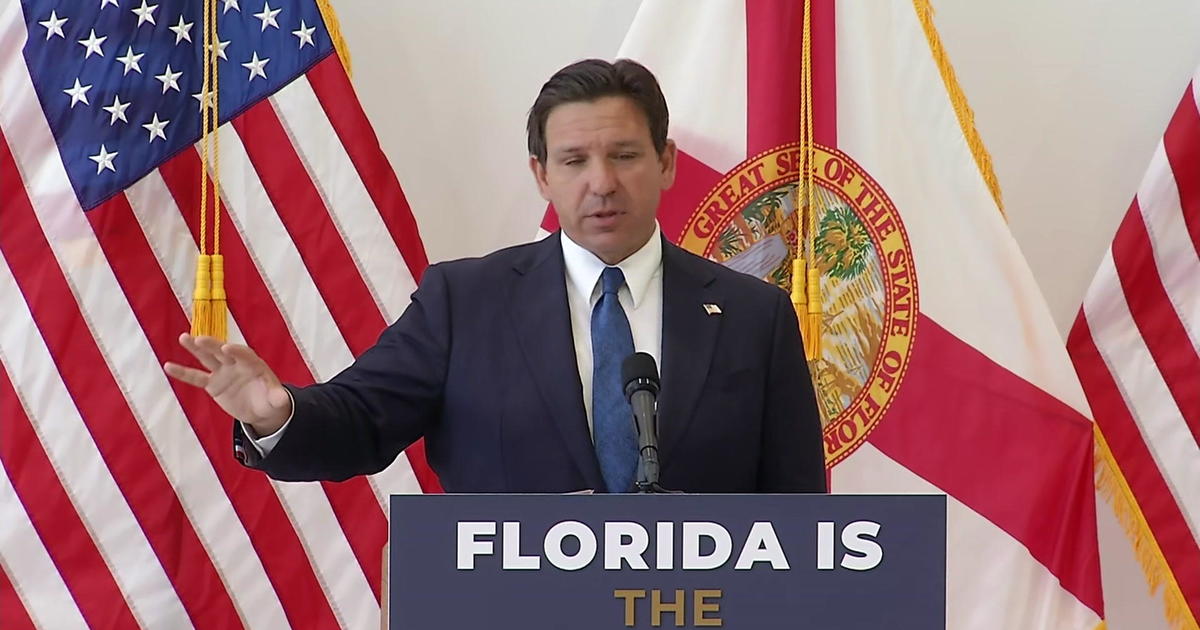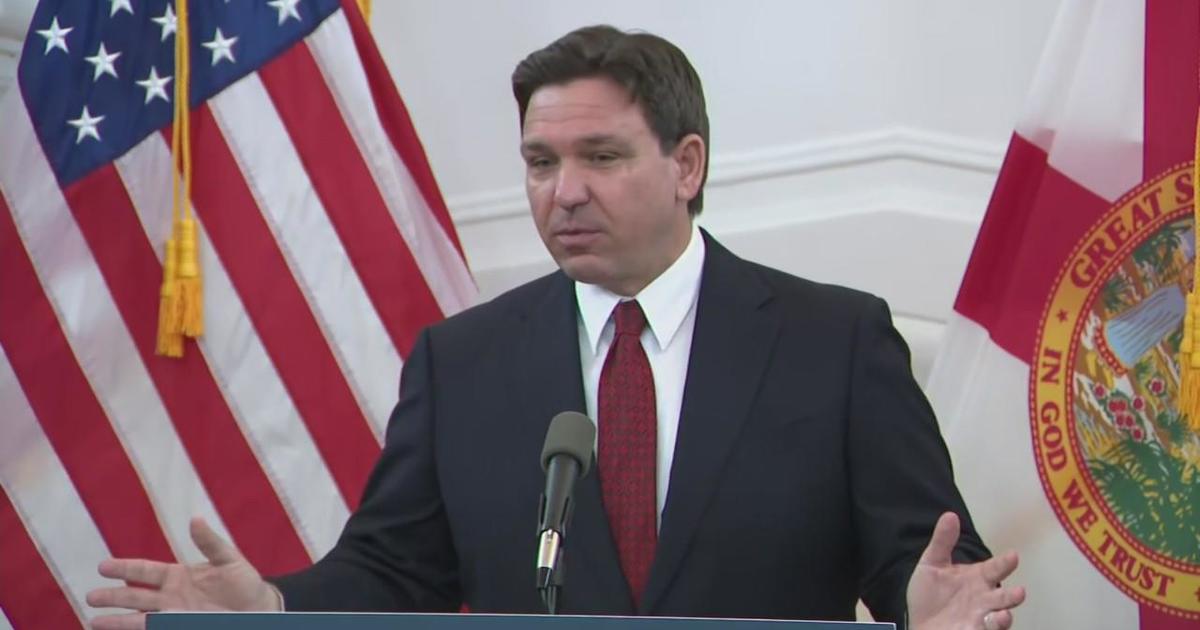State Worker Health Insurance Change Advances In Fla. House
TALLAHASSEE (CBS4) -- A House committee easily approved a bill Wednesday that would overhaul the state employee health-insurance system, but the issue hinges on upcoming budget negotiations.
House Health & Human Services Chairman Rob Schenck, R-Spring Hill, said he expects the bill to become part of negotiations with the Senate, which could begin next week.
The House bill calls for revamping employee benefit packages starting in 2013, but it also proposes a major administrative change that consultants estimate could save as much as $109 million over the next two years.
The change would lead to the state self-insuring --- essentially taking on the financial risks --- for HMO coverage in the insurance system. The state already self-insures another part of the system that offers preferred-provider organization coverage.
Under the proposal, the state would contract with private HMOs, which would enroll employees, pay claims and offer provider networks. But by taking over the financial risks from HMOs, the state would save money that goes to expenses such as HMO profits, according to a Feb. 1 consultants' report.
A Senate bill also calls for self-insuring HMO coverage, though that bill became stalled because of other issues.
The House Health & Human Services Commission voted 11-4 on Wednesday to approve the insurance bill (PCB HHSC 11-09). The highest-profile part of the bill would create a new menu of benefit packages in 2013, which likely would lead to many workers receiving scaled-back coverage --- but also would reduce costs for those employees and the state.
Schenck said the key to the bill is that it would provide more coverage choices to rank-and-file employees. The bill leaves open the possibility that lawmakers and legislative employees would continue paying less for insurance than other workers, a controversial part of the current system.
"All we are merely doing is interjecting choice into their (rank-and-file workers') benefits,'' Schenck said.
But Rep. Janet Cruz, D-Tampa, said she has concerns about how the proposal would affect people such as middle-age workers who have increasing health-care needs. She said choices of scaled-back plans work better for other employees.
"Consumer-directed health plans make sense for the young and healthy,'' said Cruz, one of four Democrats who voted against the bill.
Jim Spearing, a lobbyist for the Florida Police Benevolent Association, expressed support for the bill. Spearing pointed to young law-enforcement officers --- "young guns" --- who would benefit from more choices.
"We like where we're going with this,'' said Spearing, who was the only employee-union official to appear during the meeting.
The bill would create four different levels of benefits, dubbed the "platinum, gold, silver and bronze" levels. Schenck said the platinum level would offer coverage similar to the current insurance program, but the others would offer lower --- and cheaper --- amounts of coverage.
At the low end, the bronze level would be "actuarially equivalent" to 60 percent of the 2012 benefits. The state's contributions also would vary by benefit plan, but workers would get extra pay if they choose lower-cost benefits.
The bill also could lead to another far-reaching change in 2014 or 2015. It requires a recommendation to the Legislature about going to a "defined contribution" plan.
Under such a plan, the state might set aside a certain amount of money for each employee and then place more responsibility on workers to choose coverage and make up any extra costs.
(©2011 CBS Local Media, a division of CBS Radio Inc. All rights reserved. This material may not be published, broadcast, rewritten, or redistributed. The News Service of Florida contributed to this report.)



